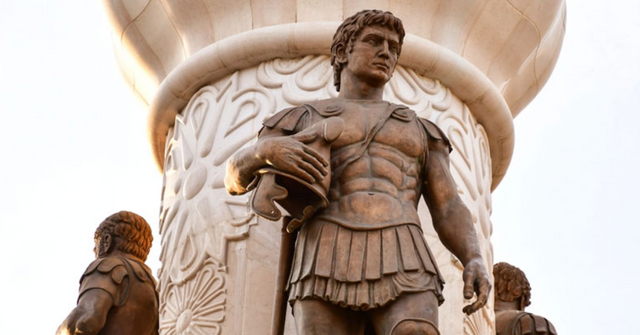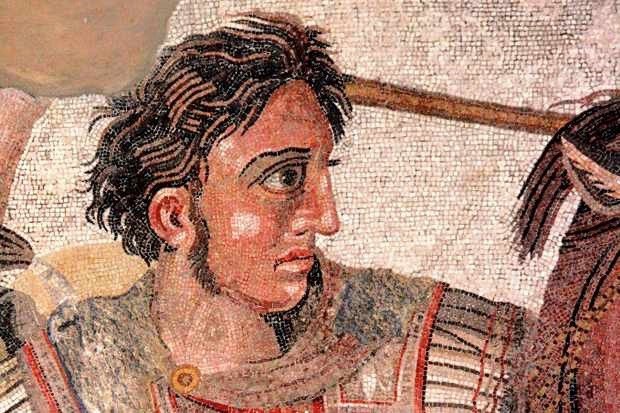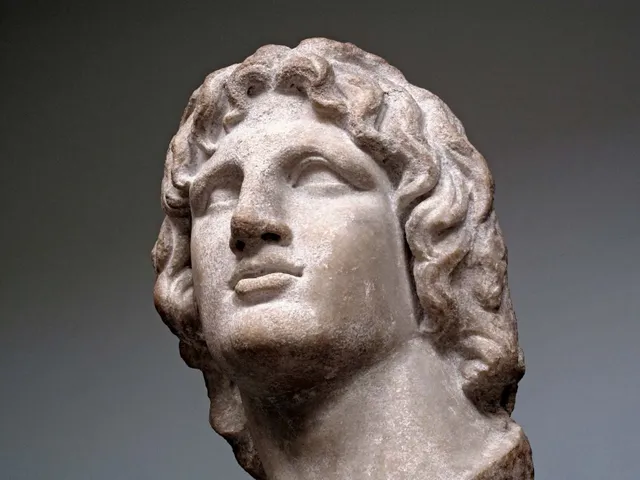Alexander the Great
Introduction

In the annals of history, few figures shine as brightly as Alexander the Great. His story is one of unparalleled ambition, extraordinary conquests, and a legacy that continues to captivate the imagination of people around the world. Often hailed as one of the greatest military tacticians and strategists in history, Alexander's life is a testament to the boundless potential of human determination and leadership.
The Early Years
Alexander, born in 356 BC in Pella, Macedonia, was the son of King Philip II and Queen Olympias. From a young age, he displayed a thirst for knowledge and an insatiable desire for adventure. His education under the tutelage of the philosopher Aristotle laid the foundation for his later accomplishments. He was trained not just in warfare but also in the arts, literature, and philosophy, which would play a significant role in shaping his character and leadership style.
Military Genius
Alexander's rise to power began in 336 BC when he ascended to the throne of Macedonia following his father's assassination. He quickly consolidated his rule and began his campaign to expand his empire. What followed was a series of military triumphs that boggle the mind. From the conquest of Greece to the subjugation of Persia, he moved with an army that was often outnumbered but never outmatched.
One of his most famous victories was the Battle of Issus in 333 BC, where he defeated the mighty Persian King Darius III. This battle, a pivotal moment in history, showcased Alexander's tactical brilliance and unyielding determination. It also marked the beginning of the end for the Achaemenid Empire, one of the world's most formidable superpowers.
Cultural Exchange
Alexander's empire-building was not limited to military conquests. He was a visionary leader who aimed to create a harmonious blend of cultures. This vision led to the birth of Hellenistic culture, which fused Greek, Persian, Egyptian, and other influences. As he traveled east, he encouraged the exchange of ideas, art, and knowledge between different regions, fostering a new era of cultural integration.
Legacy
Trag

ically, Alexander's life was cut short at the age of 32 in 323 BC, possibly due to malaria or typhoid fever. But his legacy endured long after his death. His empire was divided among his generals, leading to the spread of Greek culture throughout the known world. The Hellenistic era saw advancements in science, philosophy, and the arts that can be attributed, in part, to Alexander's vision of a unified world.
Today, we remember Alexander not just for his military exploits but also for his enduring influence on world history. His extraordinary journey from the ancient city of Pella to the heart of the Persian Empire remains an inspiration for those who dare to dream big and strive for greatness.
Conclusion

Alexander the Great's life is a testament to human potential, ambition, and leadership. His legacy, encompassing both his military genius and his cultural contributions, continues to inspire generations. As we reflect on his remarkable journey, we are reminded that the pursuit of greatness knows no boundaries, and the memory of Alexander the Great will forever be etched in the annals of history